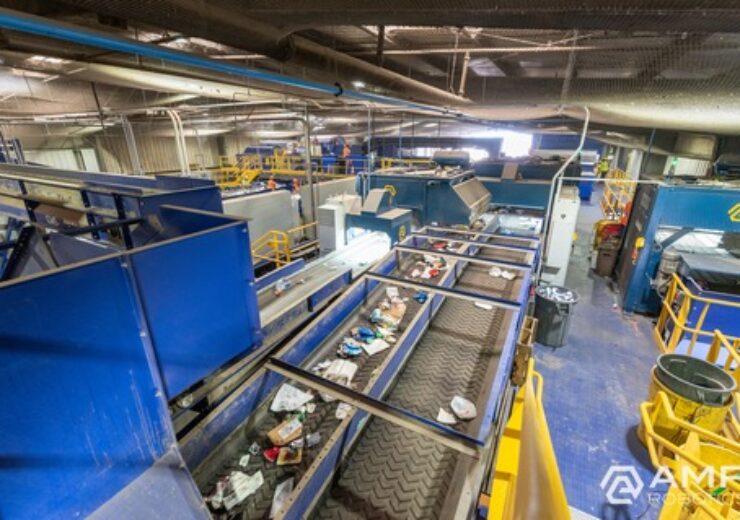The new funding is intended to support the modernisation and scalability of the waste infrastructure and increase the economics and effectiveness of recycling

AMP Robotics secures $91m in corporate equity in a Series C financing round. (Credit: Business Wire)
Industrial equipment supplier AMP Robotics has secured $91m in corporate equity in a Series C financing round led by Congruent Ventures and Wellington Management.
The round also saw participation from new and existing investors, including Blue Earth Capital, Sidewalk Infrastructure Partners (SIP), Tao Capital Partners, XN, Sequoia Capital, GV, Range Ventures, and Valor Equity Partners.
The latest funding round follows the $55m Series B financing round led by XN in January 2021.
With the most recent funding, AMP will scale its commercial operations and increase its global presence. The financing will also support the company’s continued expansion of its secondary sortation operations in the US.
The new capital will increase manufacturing capacity to support around 275 robots in the world and further enhance AMP’s ongoing development of AI-enabled automation applications for recycling. Its recent innovation for recovering film and flexible packaging is AMP Vortex.
AMP Robotics founder and CEO Matanya Horowitz said: “Our focus from the outset has been our application of AI-powered automation to economically and sustainably improve our global recycling system.
“We’ve been fortunate to attract a passionate team, loyal customers, and visionary investors along the way.
“With this new funding, we’ll accelerate our efforts to modernize and expand our recycling infrastructure, aiding society’s path to a circular economy.”
AMP’s technology is said to use computer vision and deep learning to identify and recover plastics, cardboard, paper, cans, cartons, and many other forms of reused containers and packaging.
The company’s AI platform, AMP Neuron, is the known dataset of recyclable materials for machine learning and has identified more than 50 billion objects in real-world settings.
Additionally, AMP’s AI capability makes secondary sorting technically and financially viable. With high precision and purity, AMP recovers mixed paper, metals, and plastics in a range of form factors and qualities through its secondary sortation model.
These goods are resold to end-user customers, including custom chemical and polymer blends required by processors and manufacturers, the robotics firm said.
